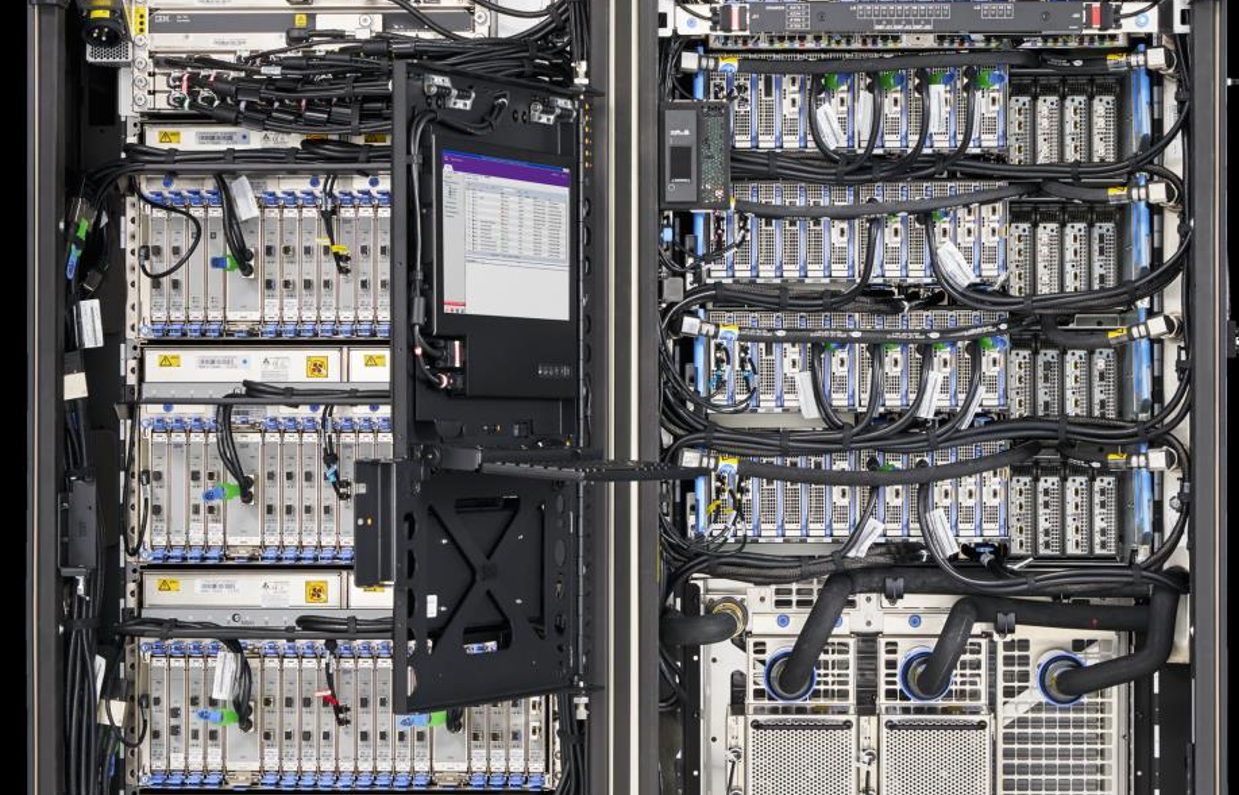Troubled Metro Bank has secured a £925 million ($1.1 billion) financing package – touting its “digital origination capabilities” in an investor presentation – in a move that will see some bondholders take a 40% haircut and it continue talks to sell a £3 billion mortgage portfolio.
The outcome is a somewhat unusual one that comes after other banks appear to have turned their noses up at its portfolio which had been shopped about after regulators the PRA refused to validate Metro Bank's internal modelling, sending it into a tailspin in recent weeks.
The British challenger bank, which opened in 2010, has 2.8 million customer accounts, £22 billion of assets and 76 branches. The package includes £325 million capital raise and £600 million of debt refinancing.
It also gives Colombian billionaire Jaime Gilinsky more control. His Spaldy Investments, already Metro Bank’s largest shareholder, is contributing £102 million and boosting its stake to 53%, up from 9.2%. Bondholders holding £250 million of tier 2 bonds will get a 40% haircut.
A presentation for investors posted today showed among other details that Metro Bank had held IT costs flat at ~£60 million annually over the past 18 months and had launched an “Agile methodology for change.”
A pat on the bank then for a hard-working and efficient IT team.
But critics say its "overvalued real estate and awkward branch-centric business model" weigh against it – and Metro Bank is an oddity among challenger banks with its insistence on the importance of physical banking, compared to rivals like Starling with their digital-only approach.
CEO Daniel Frumkin said the move marks a “new chapter” and that “we will continue to develop the Metro Bank offer to provide the digital and physical banking services our customers expect" – the PRA "welcomes the steps taken by Metro Bank to strengthen its capital position.”
As the Guardian's Nils Pratley puts it: "Long-term loyalists could be forgiven for thinking this was not the moment for its chief executive, Dan Frumkin, to boast that 'there is nothing wrong with the Metro business model' and that 'the missing ingredient was a bit more capital'. Metro’s need for a bit more capital at regular intervals has so far resulted in a capital loss of 97.5% for those who bought at the flotation."









